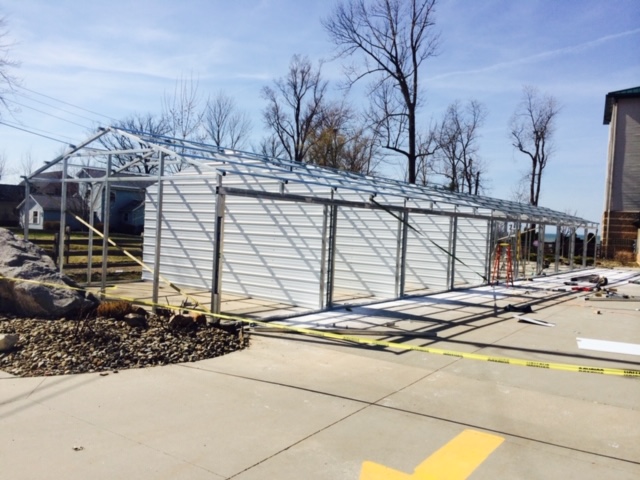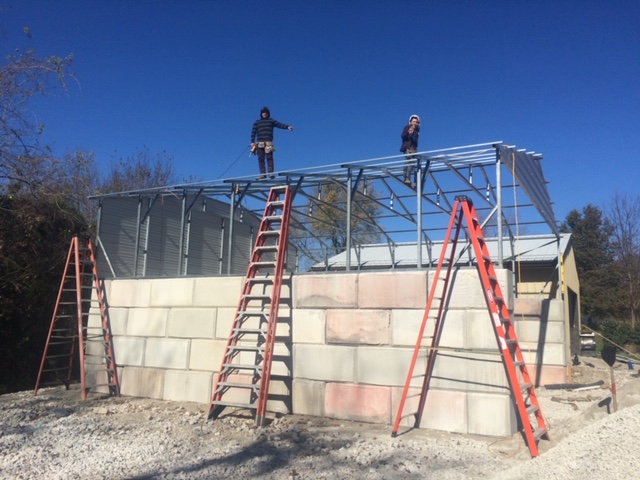Iron and steel are both valuable in construction, for they are hard and strong. In comparison, one of these two is harder and better to choose from in numerous applications. Is it iron or steel?
The hardness of iron and steel
Iron is a hard metal that has been useful for thousands of years for numerous purposes. It is ideal for construction projects and tools that require strength and durability, such as nails, bolts, screws, chains, gears, hammers, saw blades, and more. Iron is also essential in producing electronic devices, transistors, diodes, and others.
Indeed, iron is a strong metal that can endure high temperatures and pressures. And it will become sturdier and more durable if alloyed with other metals. In its pure form, iron is relatively soft and malleable.
Steel is a product of alloying iron and carbon. With the addition of carbon in its component, steel is harder than iron. And its hardness increases as the carbon content is higher.
The other factors that make steel harder than iron
- The production process for steel is more controlled than iron’s, allowing for a more consistent product with fewer impurities and better performance characteristics.
- Steel can be alloyed with other metals such as chromium, molybdenum, nickel, vanadium, and niobium to achieve specific properties, such as increased strength or corrosion resistance. Iron cannot be alloyed this way.
When steel combines with chromium, it gains a protective layer that makes it corrosion-resistant. Thus, chromium-alloyed steel is perfect for several applications, including outdoor use on vehicles and construction sites. Chromium-alloyed steel is also used extensively in the medical field due to its durability and strength. It is common in prosthetics, surgical instruments, and medical implants to replace bone, cartilage, and other body parts.

- Steel has a higher melting point than iron, which makes it more challenging to shape and form into products.
- Steel is also much more resistant to wear and tear than iron, making it useful for many applications that require durability.
- Steel is much less prone to rust and corrosion than iron, making it a better choice for outdoor or environmental uses.
- Steel is denser than iron, meaning it has a greater density of atoms in the same space, which makes it harder and more durable.
- Steel has a higher tensile strength than iron. It can withstand more significant stresses and pressures without breaking or deforming.
- The crystal structure of steel is more uniform than iron’s, making it less likely to become brittle over time.
- Finally, steel is better at resisting fatigue and impact damage than iron, making it a preferred choice in many manufacturing processes.
All of these factors contribute to steel’s greater hardness compared to iron. In short, steel is harder than iron due to its higher carbon content, more controlled production process, greater resistance to wear and tear, and greater tensile strength. These qualities also make steel suitable for many projects and things where iron might not be up to the task. Steel’s hardness makes it ideal for various uses, from culinary knives to structural supports in bridges and buildings.
Therefore, steel is the ideal choice when choosing a metal for projects or products requiring long-term durability and strength. Its increased hardness will last much longer than iron and offer excellent protection against wear and tear.

